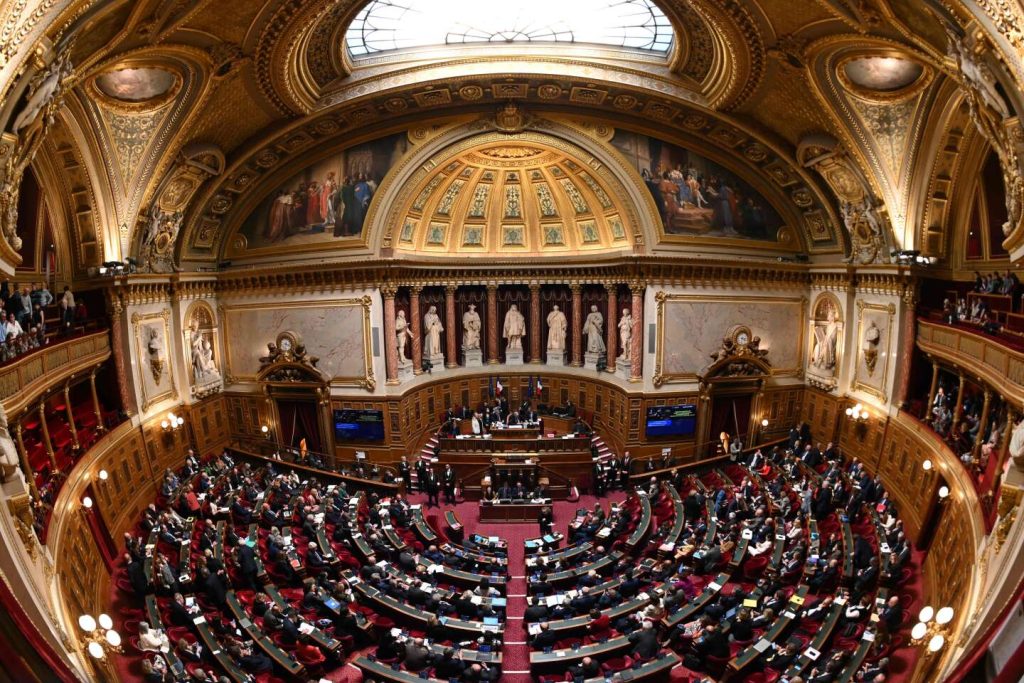A constitutional bill on New Caledonia, which had been significantly amended against the government’s wishes, was adopted by the Senate on April 2nd with 233 votes in favor and 99 against. The bill expands the electoral body in New Caledonia for the upcoming provincial elections in the territory by 2025, a crucial election that will determine the local parliament and government currently led by the independence movement. The issue of the electoral body, which has been a point of contention for months, remains sensitive as it has been central to the political agreement in New Caledonia since the Matignon Accords of 1988.
The Senate’s law committee, led by members of the Republicans political party, convinced centrist and far-right political groups to support several amendments to delay the government’s proposed timeline. Interior Minister Gerald Darmanin had hoped for a political agreement on the territory’s future status by July 1st and provincial elections by December 15th, or until 2025 if needed. However, an amendment removed the authorization for regulatory power, leading to tensions as Darmanin warned of democratic risks if the elections scheduled for May 2024 were delayed. The Senate’s vote comes amid rising political tensions in Noumea due to the nickel industry crisis and the lack of agreement on the territory’s future status.
In Noumea, both pro-independence and loyalist groups have mobilized, with tensions escalating as each side marches in protest. Sonia Backès, leader of the loyalists, warned of potential chaos if they feel their interests are threatened. The pro-independence groups have also mobilized against the reforms, with calls for calm. The situation has led to increased political polarization and maneuvers to secure political alliances, with the loyalists planning further demonstrations on April 13th. The recent political developments have highlighted the deep divisions and ongoing challenges in New Caledonia’s political landscape.
The debate over the constitutional bill comes at a time when New Caledonia is facing economic and social challenges, with the ongoing crisis in the nickel industry adding to the political uncertainty. The issue of the electoral body has been a long-standing point of contention, with differing perspectives on how to address the representation of different communities within New Caledonia. The recent amendments to the bill have further exacerbated tensions between the government and opposition groups, raising concerns about the future stability and democratic processes in the territory.
Despite attempts by the Senate to reach a consensus on the constitutional bill, divisions persist within New Caledonia’s political landscape, with both pro-independence and loyalist groups standing firm on their positions. The upcoming provincial elections will be a crucial turning point for the territory, determining the future direction of the local government and potentially impacting the ongoing debate over New Caledonia’s status. The complex political dynamics and economic challenges facing New Caledonia underscore the need for dialogue and cooperation among all stakeholders to address the pressing issues and work towards a sustainable and peaceful future for the territory.


